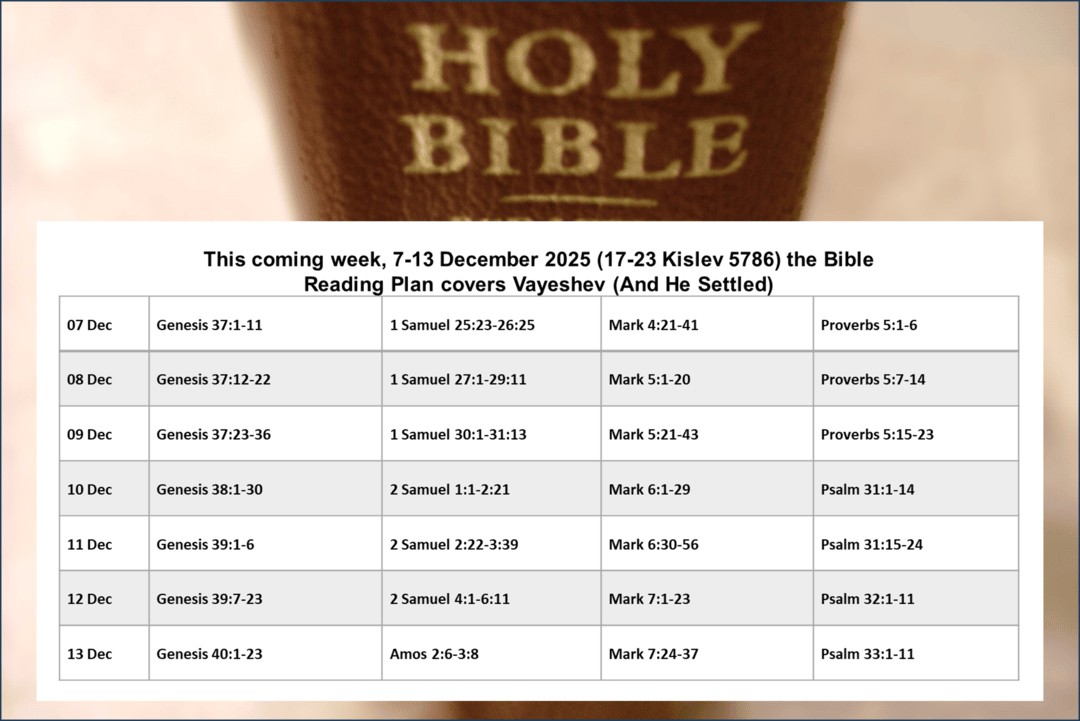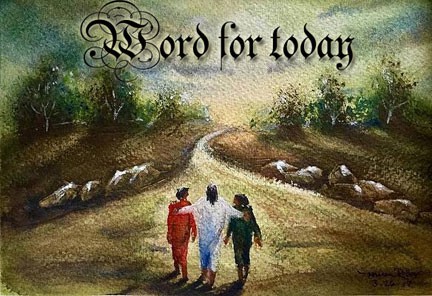Watch
Events
Articles
Market
More
My friend Dan is presenting tonight at 7pm central if anybody is looking for an erev Shabbat study! https://www.youtube.com/@congr....egationalfellowship4



This coming week, 7-13 December 2025 (17023 Kislev 5786), the Bible reading plan covers Vayeshev (And He Settled).
https://thebarkingfox.com/2025..../12/05/weekly-bible-




This coming week, 7-13 December 2025 (17023 Kislev 5786), the Bible reading plan covers Vayeshev (And He Settled).
https://thebarkingfox.com/2025..../12/05/weekly-bible-




No verse in the Bible specifically indicates this, but observing the difference between animals and mankind reveals something interesting. When an animal is content, their response to something is reasonably predictable. When an animal is frightened, their response is reasonably predictable and it’s the same when one is scared or sick or injured. But the response of a person in many of the same situations is rarely predicable.



120525 / 13th day of the 9th month 5786
WORD FOR TODAY “are you ready”: Mat 11:24 "Nevertheless I say to you that it will be more tolerable for the land of Sodom in the day of judgment, than for you."
WISDOM FOR TODAY: Pro 19:9 A false witness will not go unpunished, And he who tells lies will perish.
Ask the LORD how you can serve HIM better
www.BGMCTV.org



